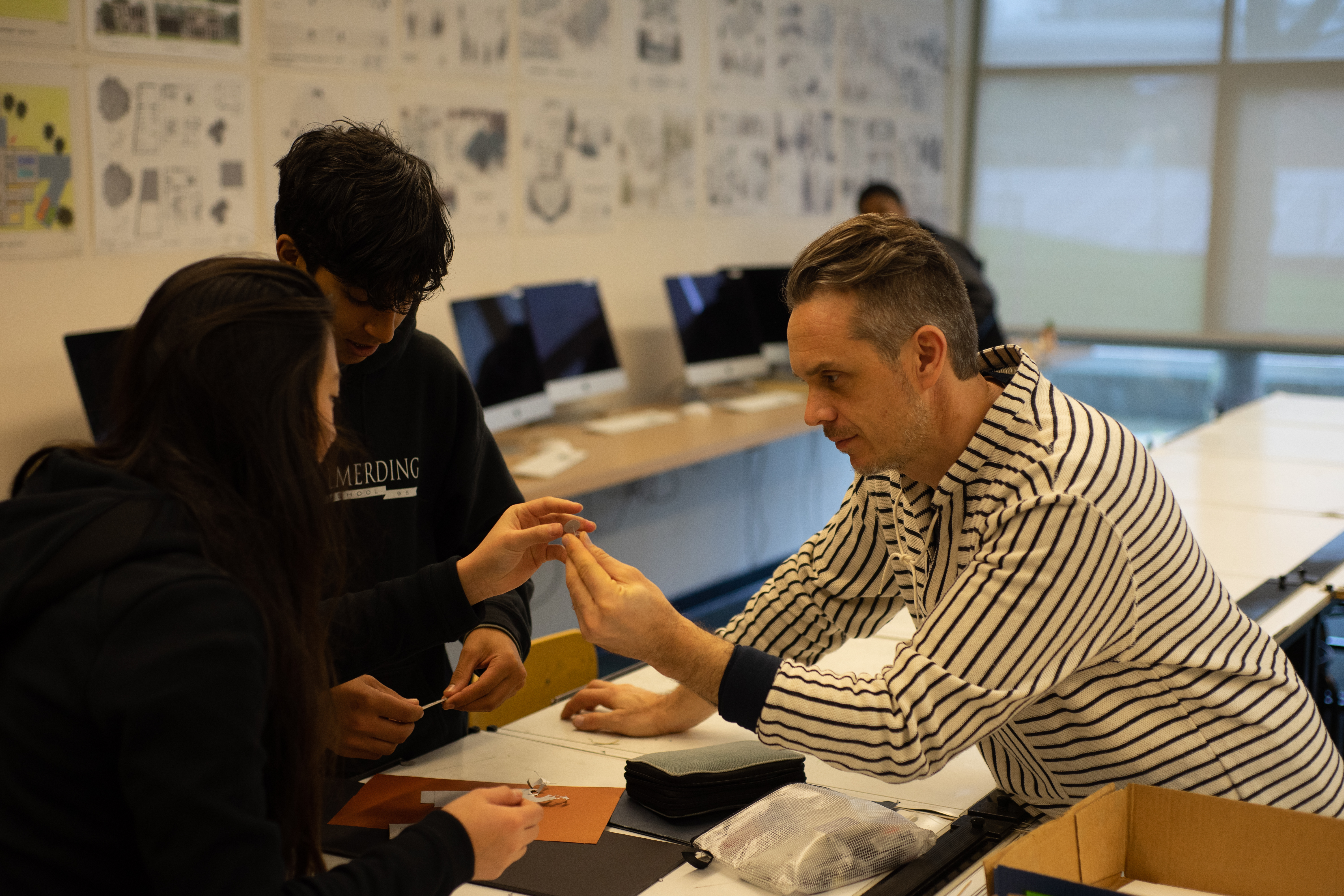The Paper Tiger asked Ian Arenas, who teaches Contemporary Media and Arts classes and Film Studies at Lick-Wilmerding, what makes a good documentary. His thoughts:
Think about the idea of a document: a document is a historical preservation of some information. A documentary film, ideally, is a nonfictional motion picture intended to document reality and redistribute the information for educational purposes. So, you do some research, collect a bunch of things that you find out, synthesize them, and then put the collection into a visual format and redistribute it so people can learn.
It is worthwhile to consider that documentary films are mediated experiences. Quite often, we see an interviewer sitting with the interviewee and asking questions. The interviewee answers questions. The viewer feels as if they are being spoken to directly. If it’s done right, we feel as if we have established a human connection with the interviewee that we see in front of us. However, this experience is mediated through several layers. How the interviewee is lit, or even how the documentarian chooses to position the subject in a chair in a room can affect what we think. Judging truth in a face-to-face encounter is one thing. You say something to me, you’re in front of me. I hear you. We’re looking each other in the eyes, communicating with words, body language, micro-expressions, etc. I can choose to respond in a multitude of ways. However, a passive viewer watching a documentary film, we can only listen and consume.
As far as good goes, good is a value judgment. Good is relative and is about personal taste. So, depending on who’s making the documentary and what message they want to distribute, it will appeal to some and not to others, it might be truthful and it might be leading in some way. It’s very hard to produce any knowledge from a neutral position. As viewers, we are relying on others, such as the director and editor (individuals who have the ability to cut, add, rearrange or even fabricate things) to produce a narrative that is inevitably from a position with an agenda. To complicate it even further, we have to consider how the producers that are providing the money and the companies running commercials and/or advertising via product placement have influenced the end product.
The most recent (memorable) documentary I’ve watched was “Happy People: A Year in the Tiaga” (2010), directed by Werner Herzog. Herzog has been making films since the early 1960s. He makes fiction and nonfiction movies alike. “Happy People: A Year in the Tiaga” was about fur trappers in the Siberia. It sounds like it might be incredibly boring, but he’s capturing and redistributing information that many have never seen before. One example is a scene where one of the trappers makes his own cross country skis, without power tools, out of a solid block of wood from a tree he cut down himself. Personally, that’s something I’ve never been privy to. Here, Herzog is documenting a culture and a lifestyle, presenting it to the world just as information without overtly judging or presenting it as right or wrong. For the most part he’s just saying, “here’s information.”
I personally think “Happy People” is a good documentary. Not necessarily because Herzog was able to remain neutral while presenting some sort of universal truth, but because he told a compelling story in a compelling way which ultimately added to humanity’s dialogue. This reminds me of a quote that goes something like, “The winner writes history.” I think it’s more accurate to say that, “writers write history.” That being said, and to finally answer your question, a good documentary, in my opinion, is one that’s made.







